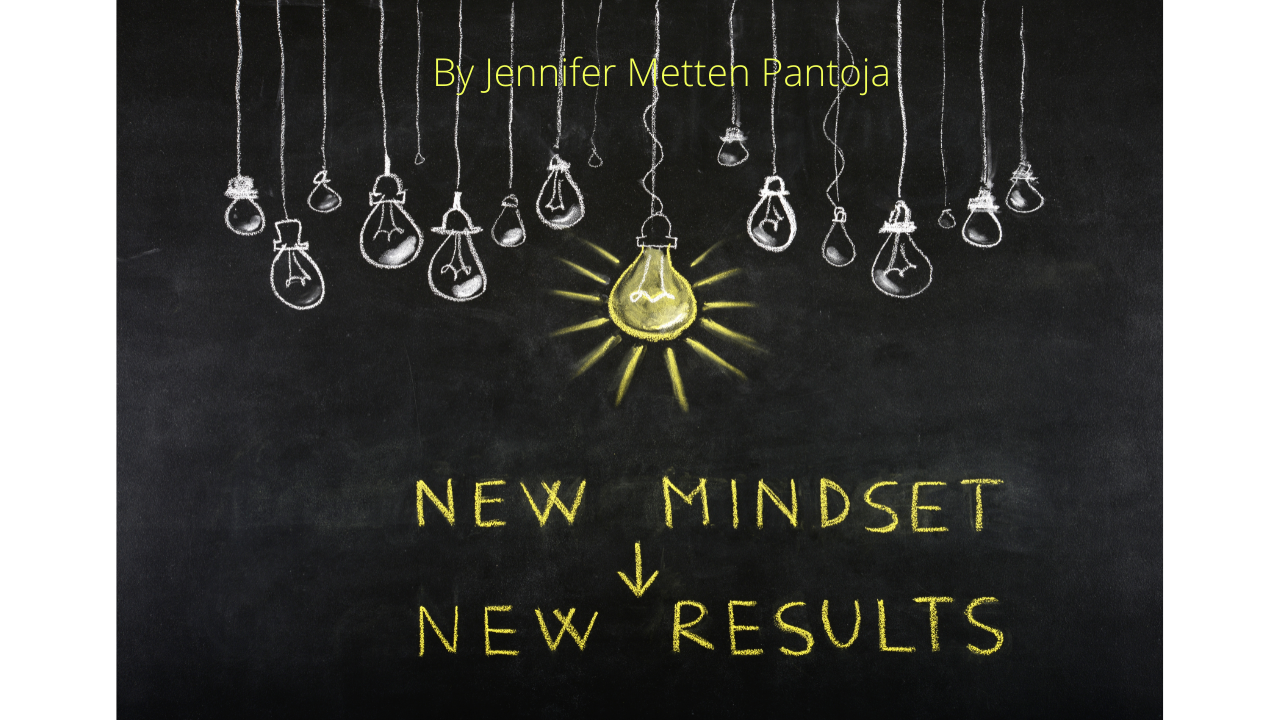Growth Mindset: Rethinking Old Patterns
May 31, 2022
I teach a course on growth mindset and neuroplasticity to college students. Neuroplasticity is the brain’s ability to form new neural pathways, either by creating new pathways, or altering existing ones. We used to think that our brains' neural networks were highly adaptable in childhood, but then became more rigid in adulthood. Now we realize that our brains are quite malleable at all ages. We can change engrained pathways, but first we must recognize these patterns. Are they still serving us? They may have been helpful at one time, but too often we can get stuck in patterns that are no longer serving us. Let me give you an example:
I moved a lot growing up. Sometimes yearly; all over the world. I made many incredible friendships and got to experience a lot. But, I knew these friendships would be temporary. That we would move again. Once I was out on my own, I still viewed my friendships as temporary. It took me a while to notice this pattern. I wouldn’t get too close to people and they sensed this. I would feel lonely, but not because I didn’t have the ability to make new friends, but because I was afraid to go deeper . The pathway I developed in my childhood helped me survive the frequent moves, but it was no longer serving me as an adult. I had to break those patterns/those pathways and learn to put myself out there, even if I got hurt.
This commitment to rethinking old patterns and breaking out of patterns that often feel safe, but are stunting our growth, is also known as a Growth Mindset. Stanford professor, Dr. Carol Dweck, argues in her book, Mindset, that there are two types of people: those with a growth mindset and those with a fixed mindset. In a growth mindset, “people believe that their most basic abilities can be developed through dedication and hard work-brains and talent are just the starting point. This view creates a love of learning and a resilience that is essential for great accomplishment.” [1]
Those with a growth mindset are oriented towards lifelong learning; they are willing to stretch themselves. They see problems as opportunities, they are curious, ask a lot of questions, and tough times motivate them.

A fixed mindset, however, thrives when things are safely within their grasp. They lose interest if things get too challenging. Those with a fixed mindset think that we are born with our abilities, and there is little we can do to alter these abilities. Therefore, the viewpoint is more narrow and constricted.
Which mindset do you tend towards? I have found that we gravitate towards one more heavily, but we are probably a bit of both. I like to feel confident before I try something new, and I tend toward a fixed mindset. I desire for the world to be predictable and comprehensible (two things which I realize it is not). So, I push myself to have a growth mindset, especially in the areas I am passionate about.

I know, a growth mindset is not easy to maintain. It requires remaining open to rethinking and reimagining how we view the world, even some of our core assumptions about how the world should work and function. It can feel much easier to just live in a place where we have certain beliefs and no one can change or challenge those beliefs. This is just how things are. This is just how things are done. But, unfortunately, this is not characteristic of a growth mindset.
When I am feeling stuck in a fixed mindset, I often think about a passage in the New Testament, Romans 12:2:
"Do not be conformed to this world, but be transformed by the renewing of your minds, so that you may discern what is the will of God—what is good and acceptable and perfect."
How can you renew your mind? How can you be someone who is discerning?
Conforming to the thought patterns of the world (aka consumerism, definitions of success, body image, etc.) would be considered a fixed mindset. You are conforming, which means that you are complying with the social constructs around you, even though those rules do not feel in alignment with yourself or your intuition. You just know in your gut that by conforming you are inauthentic in some way.
In order to transform the mind, a renewal must occur. When I think of renewal, I think of freshness, restoring to wholeness. This is a growth mindset. Being open to that renewal is not always an easy process, but according to Romans, this is how discernment is born. This transformative experience keeps us in a growth mindset, breaking free of the patterns that are no longer serving us.
What type of mindset do you gravitate towards? Take Dr. Dweck’s quiz to find out: Growth Mindset vs. Fixed Mindset Quiz
[1] Carol Dweck, Mindset, page 7
By Jennifer Metten Pantoja

